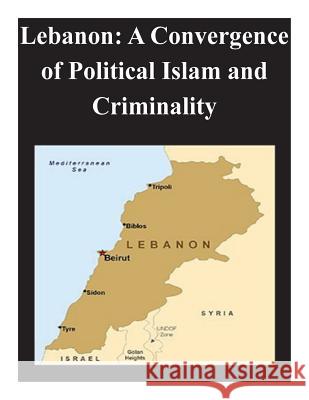Lebanon: A Convergence of Political Islam and Criminality » książka
Lebanon: A Convergence of Political Islam and Criminality
ISBN-13: 9781500749668 / Angielski / Miękka / 2014 / 110 str.
Kamal Salibi, a recognized Lebanese historian, described Lebanese society as "liberal and tolerant, traditional rather than zealous or fanatical in its attitude towards religion and political ideology." Unfortunately, the openness that defined Lebanon's success also led to its failures. Confessionalism, a fragile political environment resulting in a perpetually weak central government, and internal meddling by Lebanon's neighbors and imperial powers have framed its fractured history. The country of Lebanon is a sum of its parts (i.e., religion, politics, economy), parts that can be examined individually but are never defined one hundred percent independent of each other. A part of Lebanon that is often underestimated and overlooked is the drug trade, its influence on Lebanese politics and the consequences of such a relationship. In other words, control of narcotics trafficking through the Lebanese state has disproportionately influenced the political landscape of Lebanon, contributed to the disenfranchisement of many confessional groups - the Shi'a in particular, and as a result contributed to the rise of Hezbollah.











